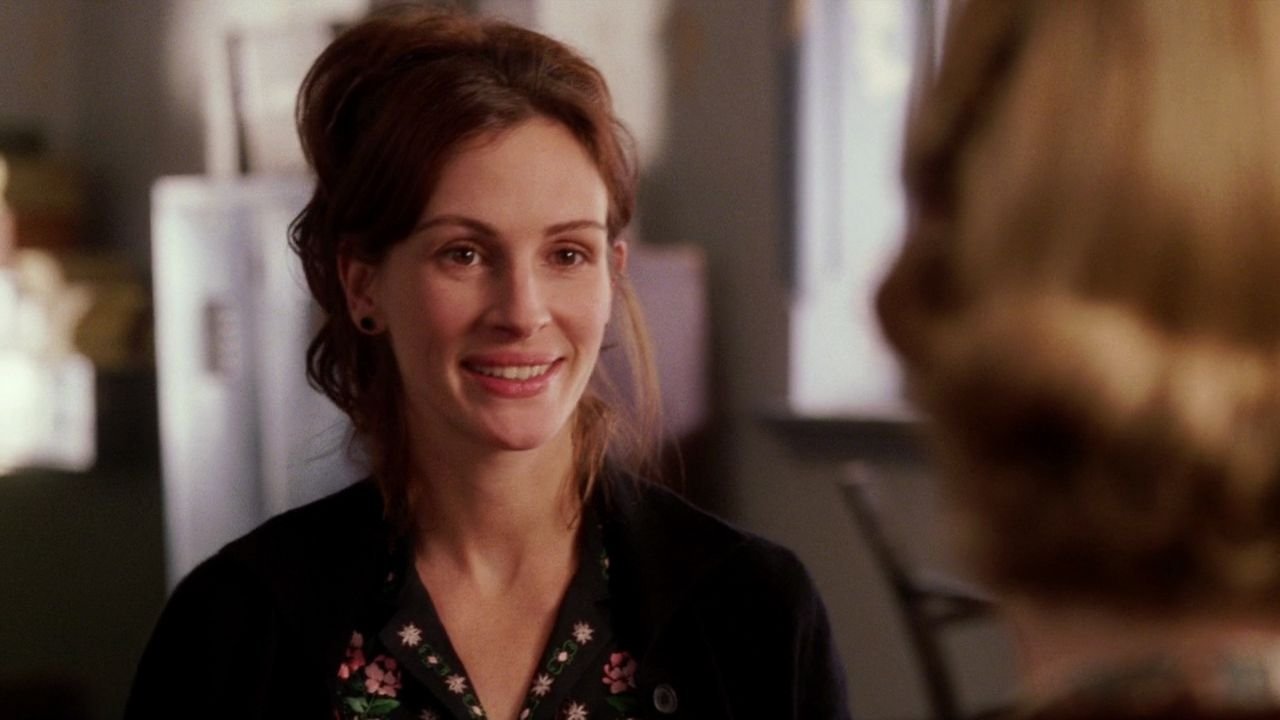About three years ago, a friend of mine introduced me to the movie Mona Lisa Smile (2003). Truth be told, I loved it. Everything about the movie stood out – the cast, the setting, the theme, the music… It also taught the naive version of myself a few things that I still value today.
An unconventional woman
The fall of 1953. A new academic year. Directed by Mike Newell, the film follows Katherine Watson (Julia Roberts), a new professor at Wellesley College, teaching the ‘History of Art. Having studied in a women’s college myself, I did relate to a few details in the movie. The curfews, the close friendships, the need to always ‘revolt’ against institutions (passively, of course!), a few ‘traditional’ values upheld by the Wardens; I’m sure most women will relate. Katherine is introduced to us as a “bohemian” who didn’t want to fit in but rather make a difference.
Surprisingly, it’s not just students who are imposed with rules. On her very first day, Katherine is met with rules which I thought were ridiculous, including but not limited to no loud noises, no radio after 8 pm, and no male visitors. Obviously, Katherine decides to take up a different residence, even though the new homeowner fancies matching her pillow covers to the wallpaper to the furniture. No judgement; to each their own, right?

Katherine’s introductory class is an utter disaster. Her students have memorised their entire syllabus and there’s nothing for her to teach. Even the School Board are curious about her dissertation topic since it’s not traditional. They question her way of thinking. However, for her next class, she whips out an entirely new syllabus of modern art for her students. She prompts an open discussion among her students. I loved the feeling this scene evoked. It reminded me of my own professors who tried to make us think on our own and form our own opinions instead of following the textbook. I will forever be grateful to those amazing professors who helped shape my way of thinking and my attitude to life. I believe we all come across such people – our professors, maybe our friends, and for some, our parents. They will touch your life and change us in ways we never expected and that’s beautiful.
Back to the movie. Among the students, all kinds of questions about Katherine arise – why isn’t she married? Does she not love kids? It’s almost as if a 30-year-old woman can be nothing else other than a married woman with kids. Contrary to Katherine, Betty Warren (Kirsten Dunst) gets married in the middle of the school year and she is rather praised for it. A conservative woman, Betty criticises everything that Katherine believes in or is trying to achieve. In a college which teaches women that their “sole responsibility will be taking care of your husband and children,” Katherine is seen as somewhat promiscuous by her colleagues and a few of her students. While Katherine criticises the college for constantly deciding what is ‘right’ and ‘wrong’, she is belittled for thinking differently. Apparently, it “saves the effort on thinking for yourself.”
“You told me I can do whatever I want”
A lot of the dialogues in this movie will anger a lot of people. I think that it is important that we ask some important questions that this movie provokes. The movie is relevant because it helps us understand how people think. Even today, this movie is significant in highlighting the injustices towards women. Betty realises that marriage is not what she expected. Joan Brandwyn (Julia Stiles) wants to pursue a career in law but is unsure if she’ll regret it. All these characters are real and they live among us.

It is not just Katherine who teaches us something. Joan also points out to us that for different women, the choices they make are different and there’s nothing wrong with that. We shouldn’t have to do anything we don’t want to. To a large extent, the choice is ours. The right to make a choice comes with privilege, but if we can choose, I think we should choose what makes us happy. Choosing a family over a career or vice-versa doesn’t make you any less important.
A movie that questions gender stereotypes down to the last minute, even during the end credits with vintage footage from the 1940s and 1950s, the subject of Mona Lisa Smile is not entirely in the past. I think that is the reason why it’s one of my favorite movies. It holds its place among similar movies such as Suggragette (2015) and the recent Misbehaviour (2020). A female version of the old film Dead Poets Society (1989), this film also teaches us to stand by our beliefs.





